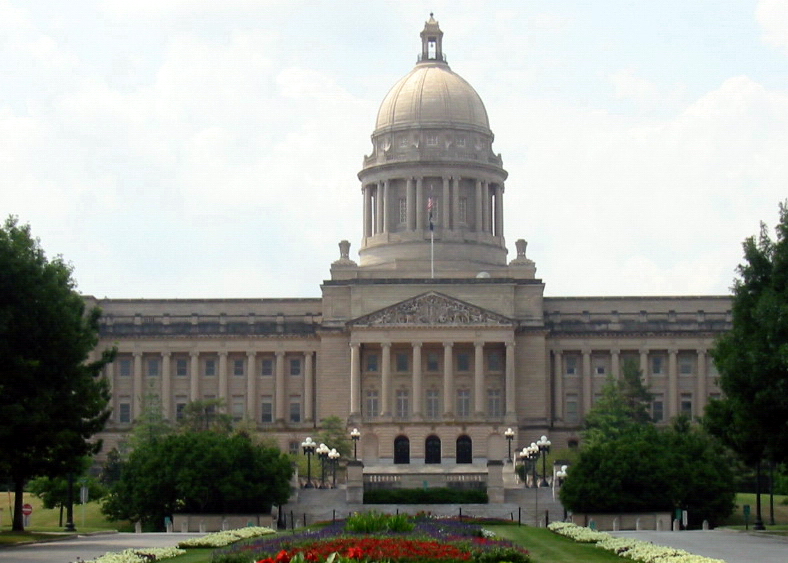
Late last week a House bill to legalize sports betting in Kentucky was voted out of committee unanimously.
The legislation is already the center of attention, and will certainly earn more as debate heats up. It is estimated to bring in $48 million in revenue if Kentucky can beat out neighboring states in legalizing sports wagering – promising to devote that money to the state’s struggling pension fund (though the only real fix for the pension fund is significant reform).
How will it get that money? That is the big question for taxpayers and consumers.
Kentucky’s legislation includes a tax rate on in-person bets of 9.75 percent, and a 14.25 percent tax rate on digital bets. These are relatively modest rates. They are higher than Nevada (6.25 percent), and New Jersey (8.5 percent in-person, 13 percent online). However, they are far lower than Pennsylvania’s absurd 36 percent effective rate.
The state’s proposed licensing fees are nothing to scoff at though, with a $500,000 initial fee and $50,000 to renew every year. Still, committee members halved an initial $1 million fee, and Kentucky is avoiding Pennsylvania’s disastrous $10 million price tag that caused a months long wait for an operator to even apply.
There is room for improvement in their tax rates, but at least Kentucky does not have Dr. Evil throwing out demands like Pennsylvania apparently does.
Kentucky deserves credit for avoiding so-called integrity fees as well. These fees sometimes have different names, and rates, but amount to giveaways to sports leagues that serve no purpose. Government should not be using its taxing power to directly siphon off money for leagues. The leagues will already benefit if and when sports betting drives added interest in their sports. Nevada has done fine for decades without these fees, Kentucky is right to avoid them.

